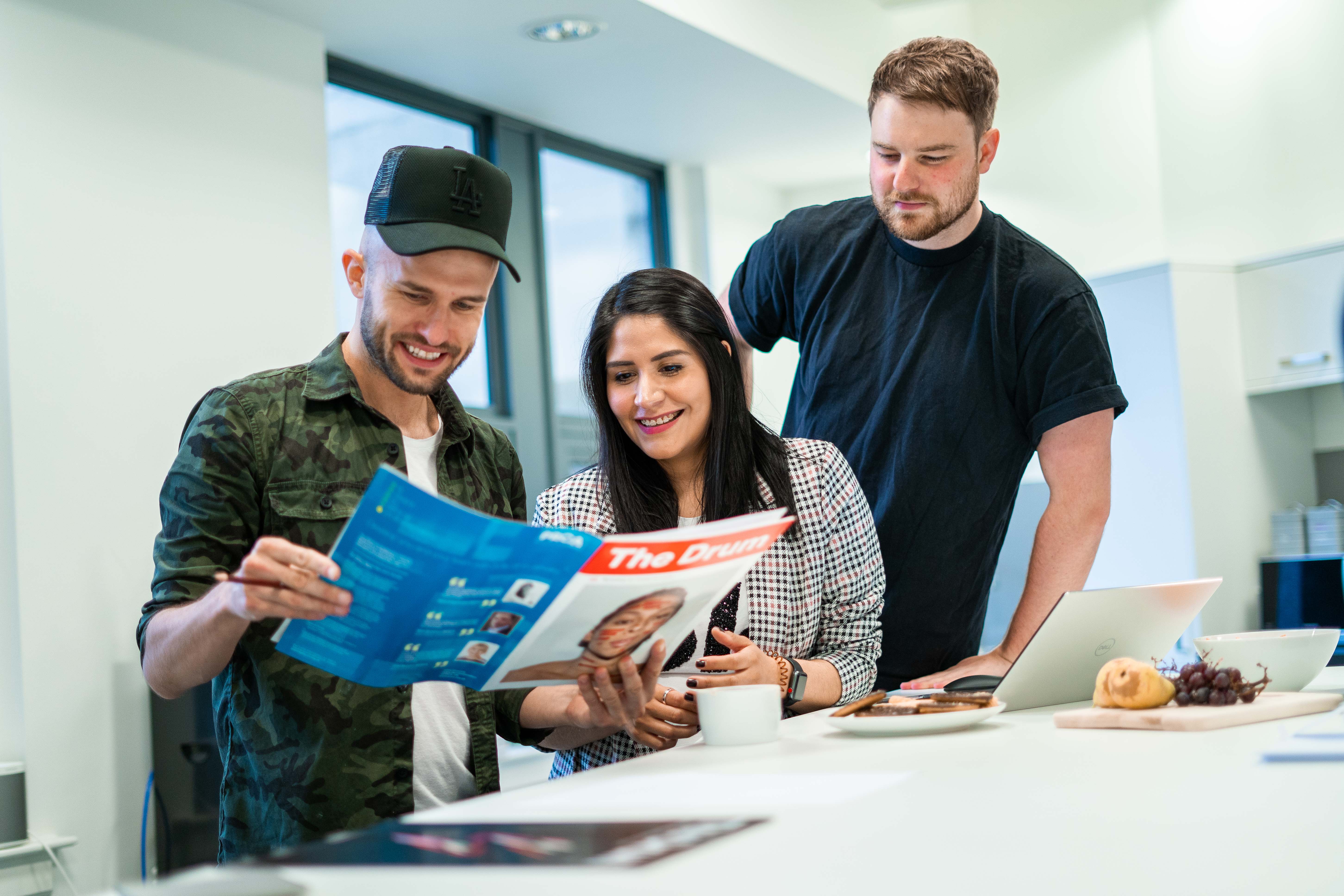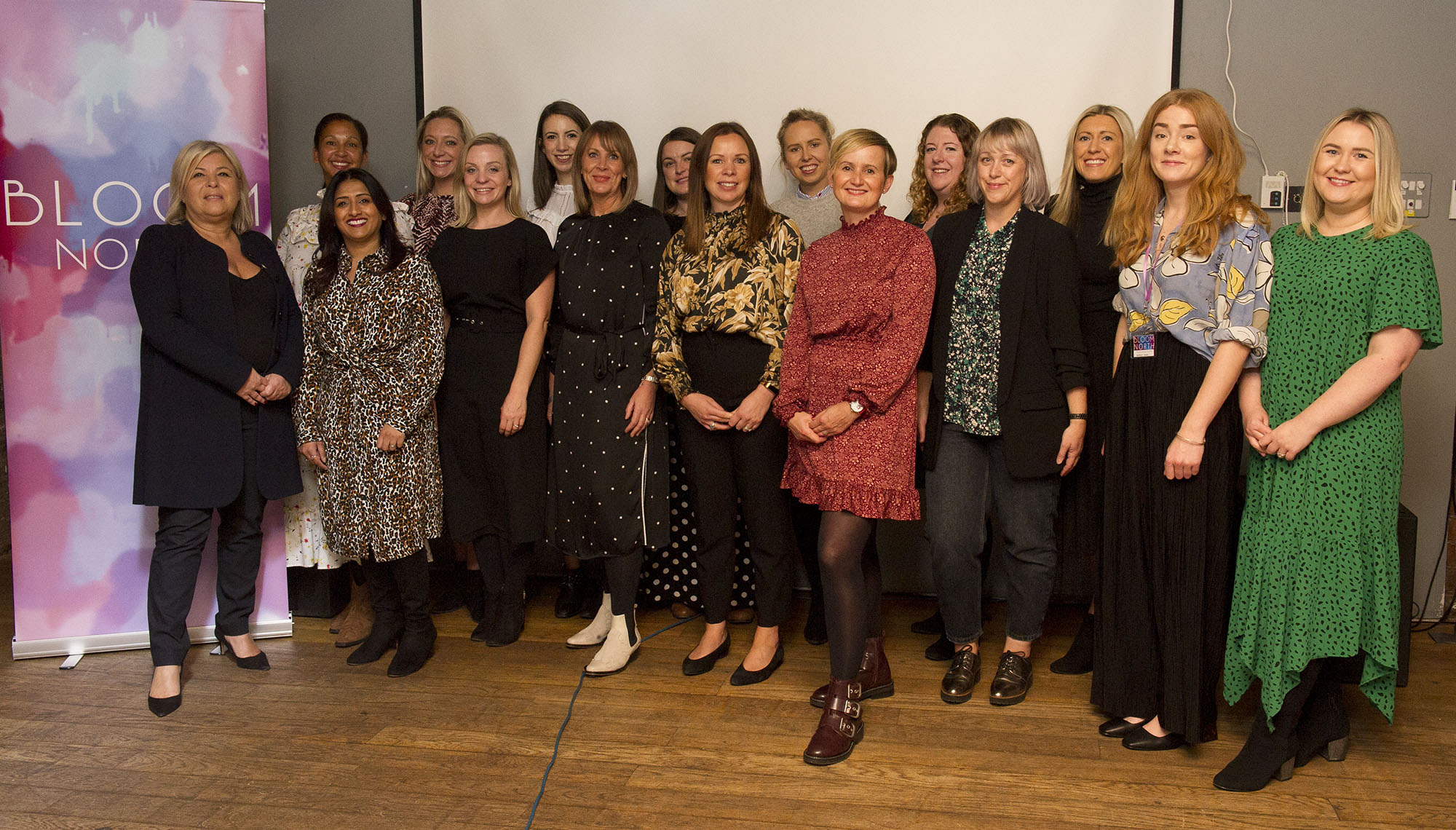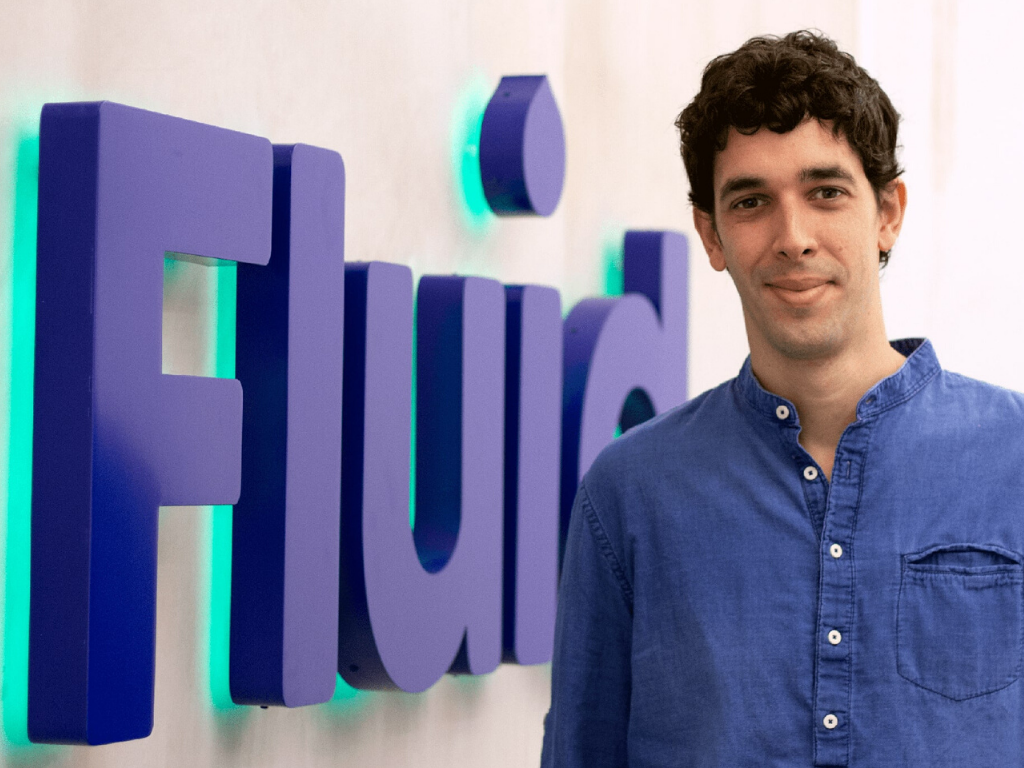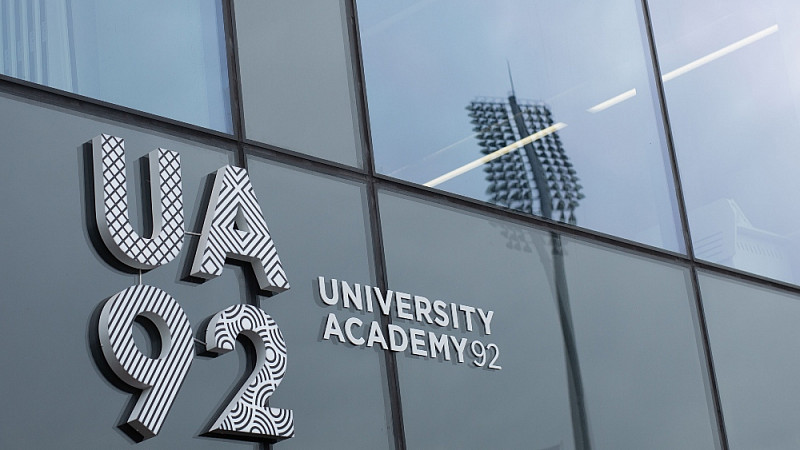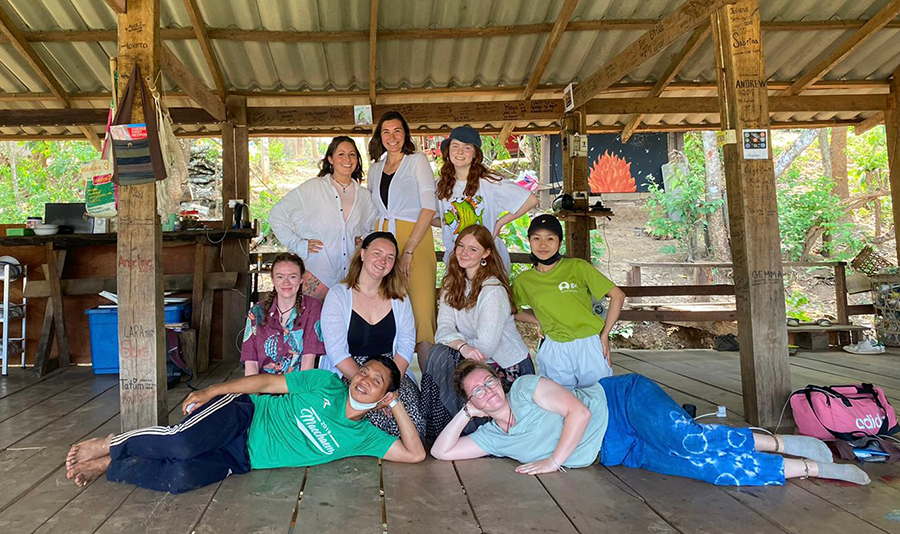
Fully funded by c3, every year we send one team member to volunteer abroad anywhere in the world for a charity of their choice.
Last year’s winner was CRO & UX Manager, Rachel Harrison, who put forward a winning application to volunteer in Chiang Mai, Thailand to help rescued elephants from working in the tourism industry.
Rachel has always been passionate about elephants, so this was a no-brainer for her. Rachel not only had the opportunity to study elephants in the wild but also live in a beautiful rural village surrounded by mountains and learn Pakinyaw (the local language). Rachel recently returned from her trip, and we caught up with her to find out what she got up to and what she gained from the experience.
TRAVELLING TO THAILAND
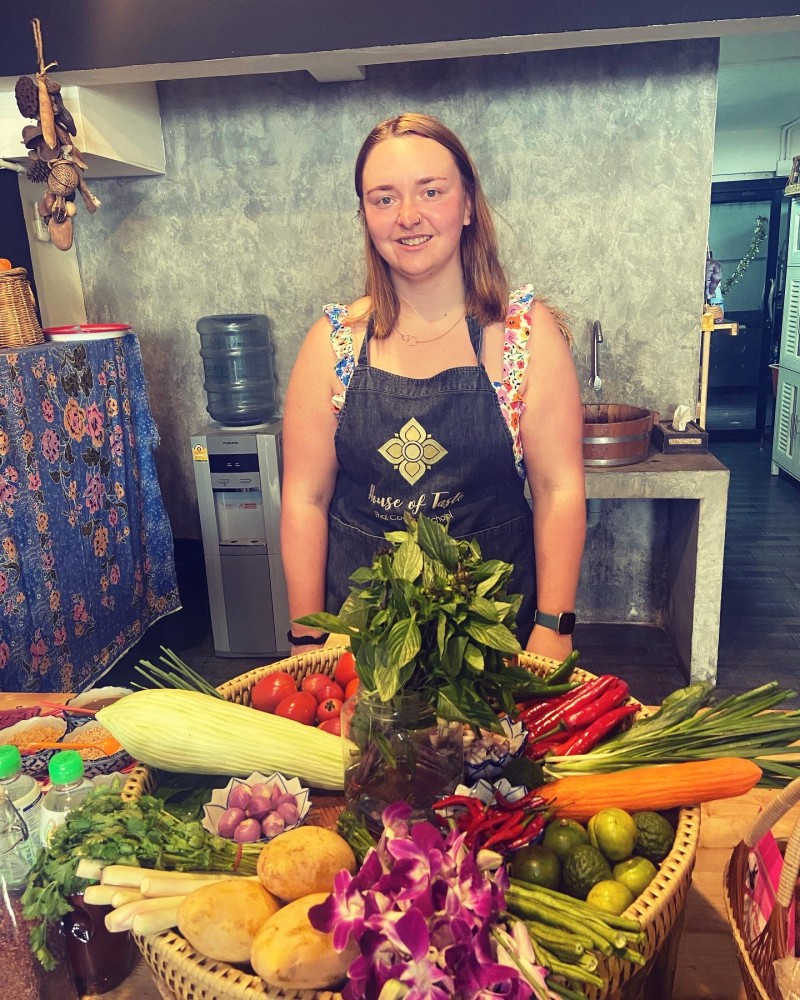
To start off my trip I headed to Bangkok and had two nights there, one of which was a mandatory quarantine night. Once I had been given all clear and my test results came back negative, I was able to enjoy one day in Bangkok.
I had the opportunity to see some of the beautiful temples and learn how to cook some traditional Thai recipes. I also took the opportunity to meet up with one of the other volunteers on the programme early, who I spent a lot of time with during my time in Thailand.
ARRIVING IN CHIANG MAI
A few days into my trip I arrived in Chiang Mai, where we had an initial induction and I got to meet the remaining volunteers on my intake. At this point, we were all really eager and excited to get to the village and find out where we would be living for the upcoming weeks.
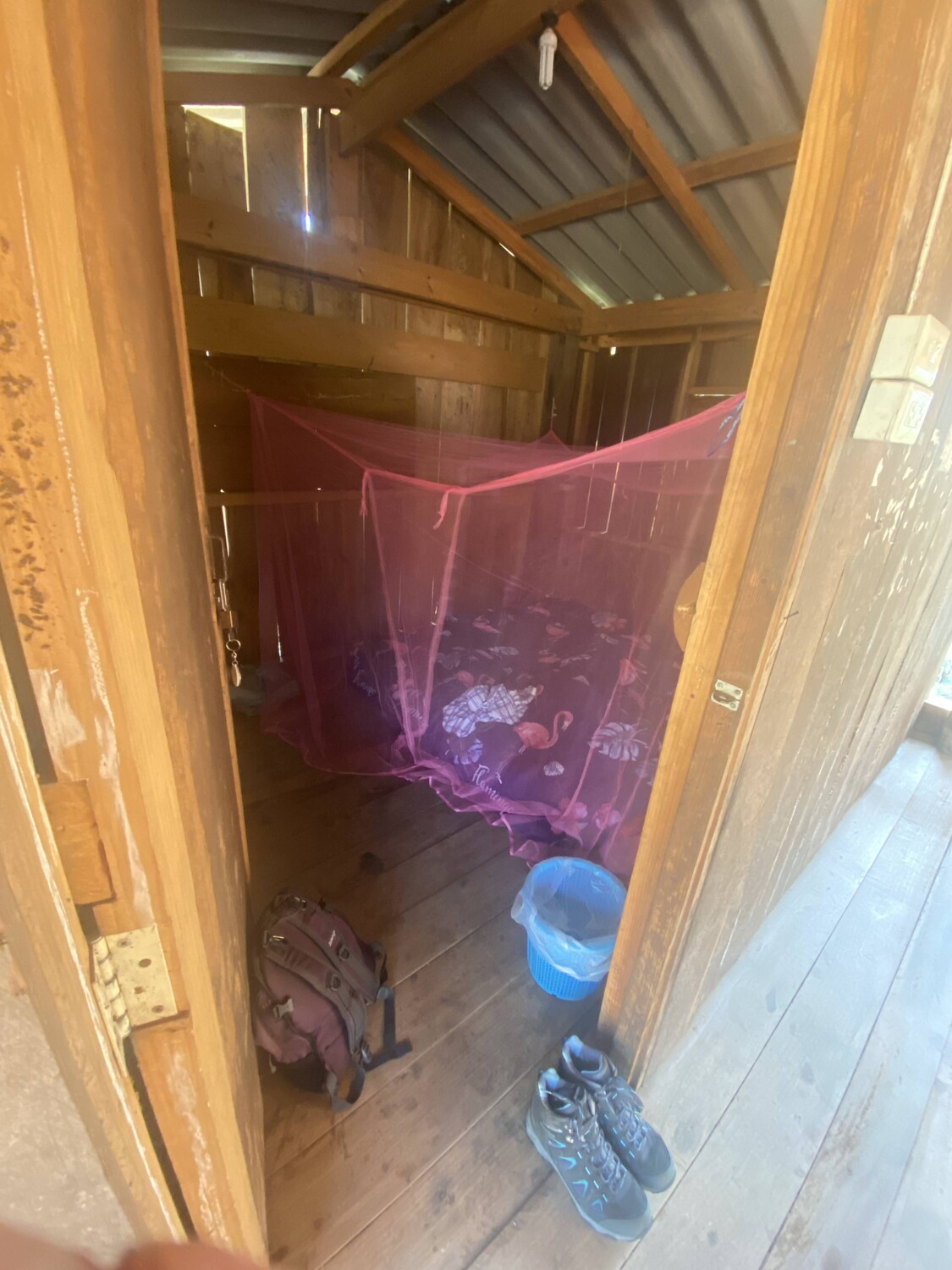
HIKING UP THE HUAY PAKOOT MOUNTAINS
Finally, after a long 4-hour drive up winding mountains, we reached Huay Pakoot. On our arrival, we met the remaining volunteers and were introduced to our homestays - where we would be eating the majority of our meals and sleeping at night.
We also had a tour of the village, which was spread out across a huge hill - luckily my homestay was at the top of one of the less brutal hills!
MEETING THE ELEPHANTS
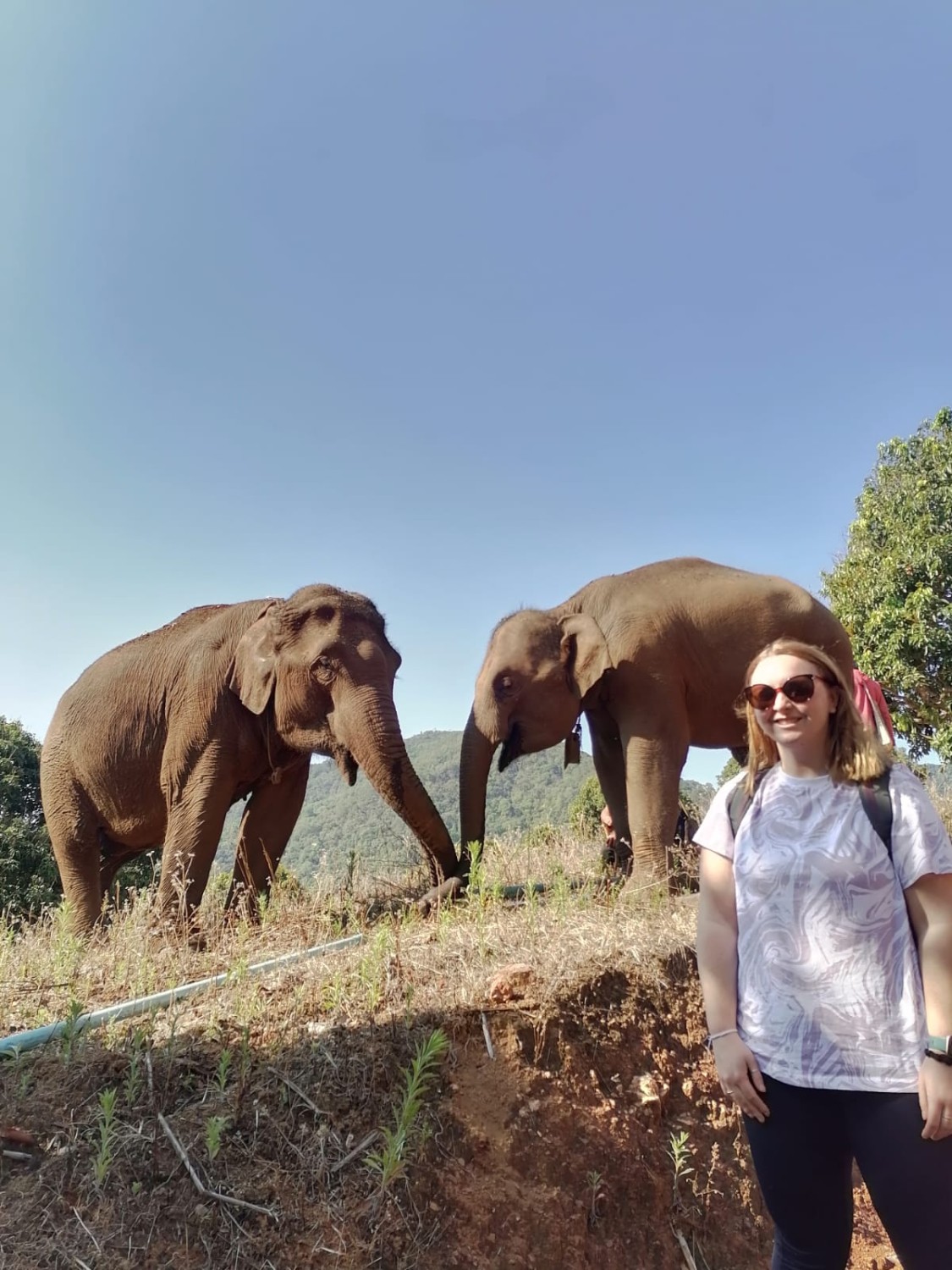
Each weekday morning we would have breakfast and then promptly head on our elephant hike at 8 am. We were all assigned different hikes daily, which ultimately determined which ele and data we would be collecting. Each day was incredible, allowing us to meet elephants ranging anything from 7 years old to 60 years old.
Once we had collected the relevant data, we would either head back to base or have lunch in the forest. Usually, we would have a short break to sit down and eat before our afternoon activities began.
During the afternoons we had the opportunity to learn Pakinyaw - the local language in the village that we were staying in. Having a basic knowledge of the language allowed us to be able to communicate with the villagers and also thank them for cooking for us. Alongside the language lessons there were other various activities that we took part in during the stay:
- Village clean ups and base improvements
- Elephant biology and learning about their social biology
- Ethical tourism classes
The evening was typically our free time where we would have dinner with the other volunteers and do anything from going up to Roots coffee shop, playing board games at the base, or having a movie night.
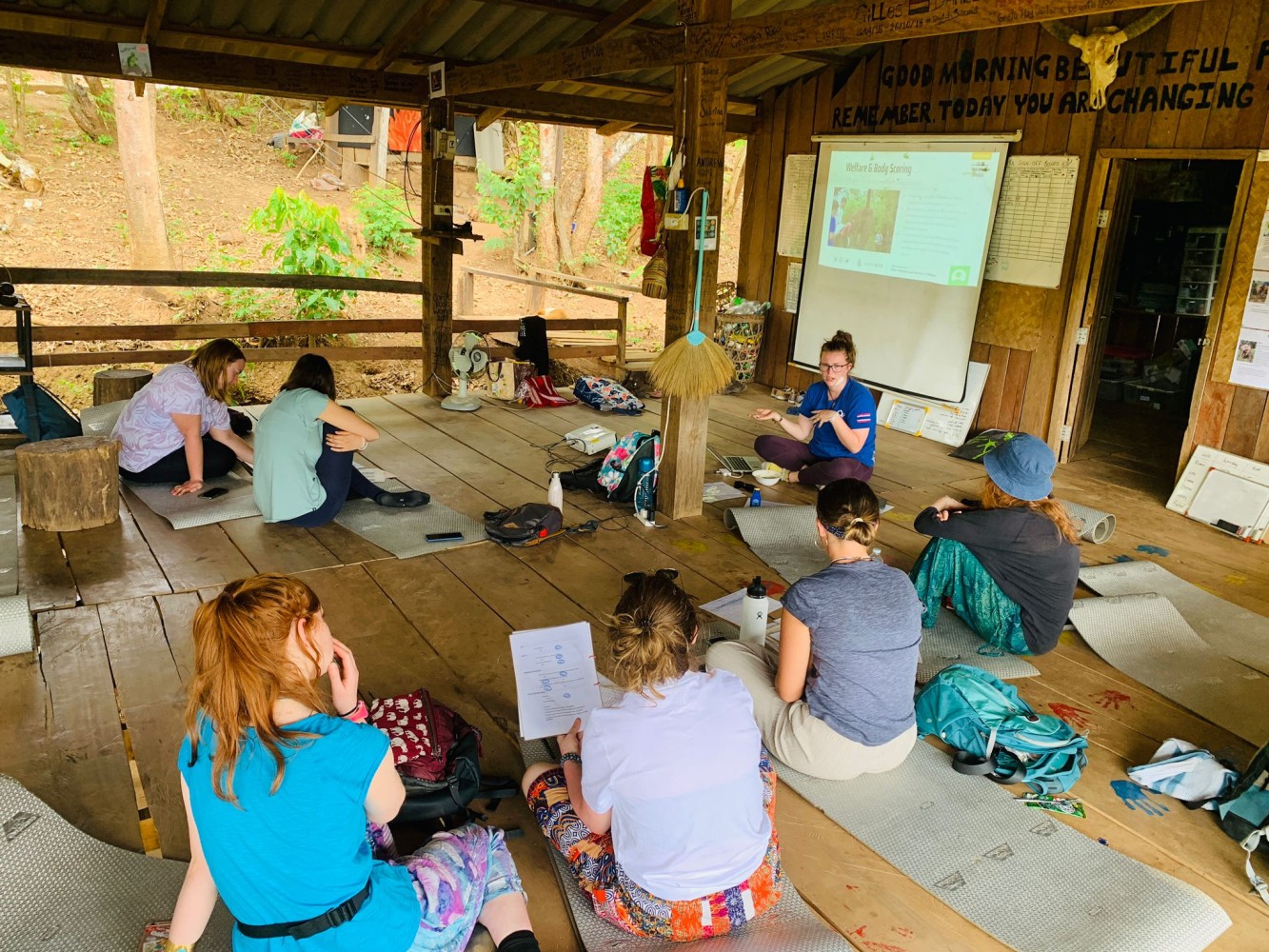
GVI AND THE VOLUNTEERS
Being introduced to the elephants was undoubtedly one of my favourite moments during my volunteering experience, however, the people that I was surrounded by completed my trip.
The company that I chose to volunteer with was GVI which has ethical trips all across the world, helping communities and individuals have unreal experiences that alternatively they wouldn't have been able to have. GVI puts a huge amount of work into integrating the programme seamlessly into the life of the villagers so that they aren't forced to put their elephants back into the tourism industry. The additional revenue that GVI can put into the village means that the elephants can live in the wild and have a happy life.
My trip to Huay Pakoot has inspired me and seeing the difference that GVI is making there has inspired me to continue doing more volunteering over the upcoming years.
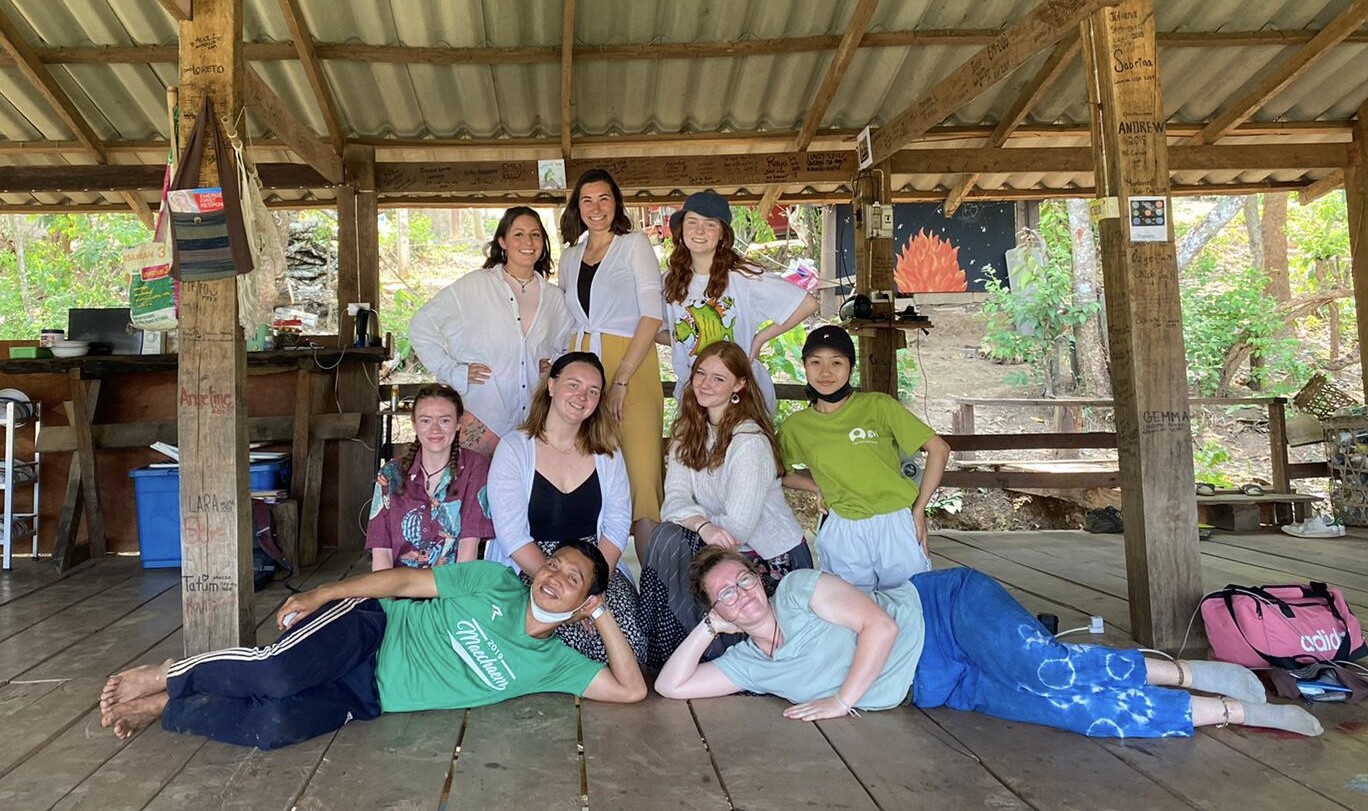
And just like that my time is over! Thank you to connective3 for letting me take part in this experience, the villagers for welcoming me into their lives with open arms and taught me all about their culture.
Are you interested in working for a company that could send you on a volunteering programme of your choice? Head to the website to find out more!
